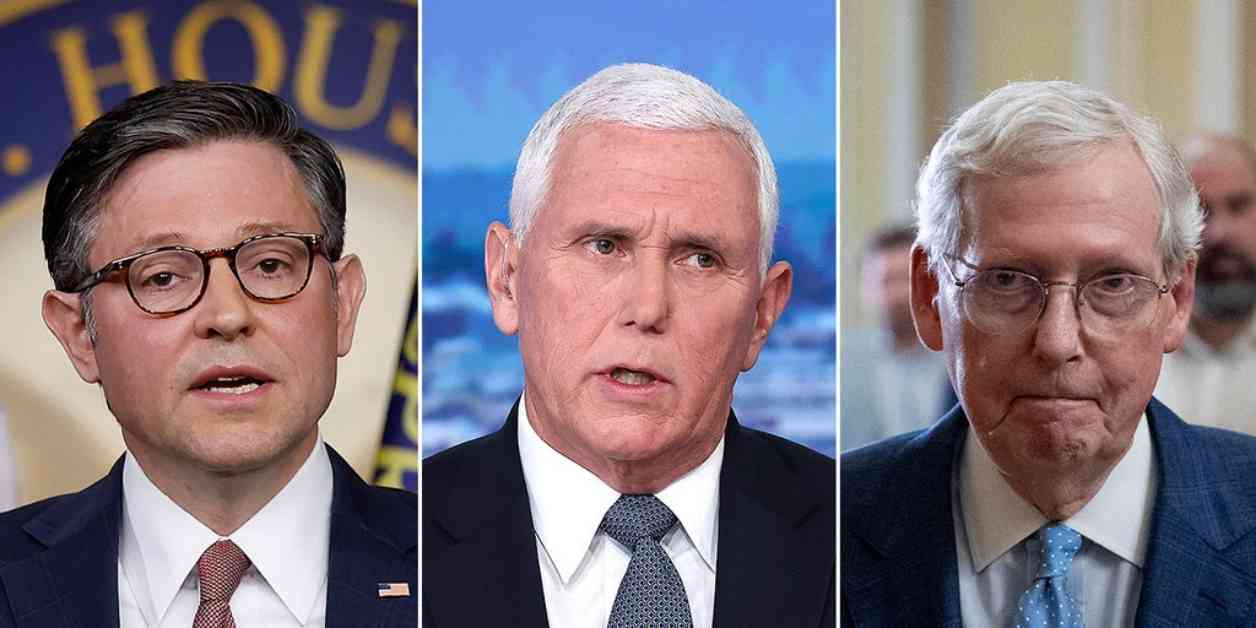Former Vice President Mike Pence’s organization, Advancing American Freedom (AAF), is urging Republican congressional leaders to oppose a provision in the National Defense Authorization Act (NDAA) that would require women to register for a potential military draft. A letter written by AAF Executive Director Paul Teller to Senate Minority Leader Mitch McConnell and House Speaker Mike Johnson emphasized that the idea of women being required to register for the draft is unacceptable and should be strongly opposed.
The Senate version of the NDAA, which includes an amendment to expand selective service registration to women, has already advanced out of the Senate Committee on Armed Services. Teller argued that there is no valid reason to mandate women to register for the draft and urged Republicans to reject any legislation that would result in young women signing up for the Selective Service.
Over 40 conservative organizations and leaders, including Penny Nance of Concerned Women for America and Terry Schilling of the American Principles Project, signed the letter in opposition to the provision. While the controversial amendment was not included in the House-passed version of the NDAA, Johnson’s spokesperson confirmed that he does not support the inclusion of women in the draft in the compromise bill between the House and Senate.
Some Senate Republicans, such as Sen. Josh Hawley and Sen. Mike Lee, have also expressed strong disapproval of the amendment. Hawley criticized the move as an attempt to turn the military into a social experiment, while Lee stated that the provision would only pass over his dead body.
Despite the opposition from AAF, Johnson, and other conservative voices, Senate Majority Leader Mitch McConnell has previously voiced support for including women in selective service registration. McConnell argued in 2016 that women should register just like men, pointing out that women are now serving in various roles in the military.
The debate over whether women should be required to register for the draft continues to spark strong opinions and divisions within the Republican party. As the NDAA moves through the legislative process, the issue of women’s inclusion in selective service registration remains a contentious topic that will likely provoke further discussion and debate among lawmakers and the public.





















